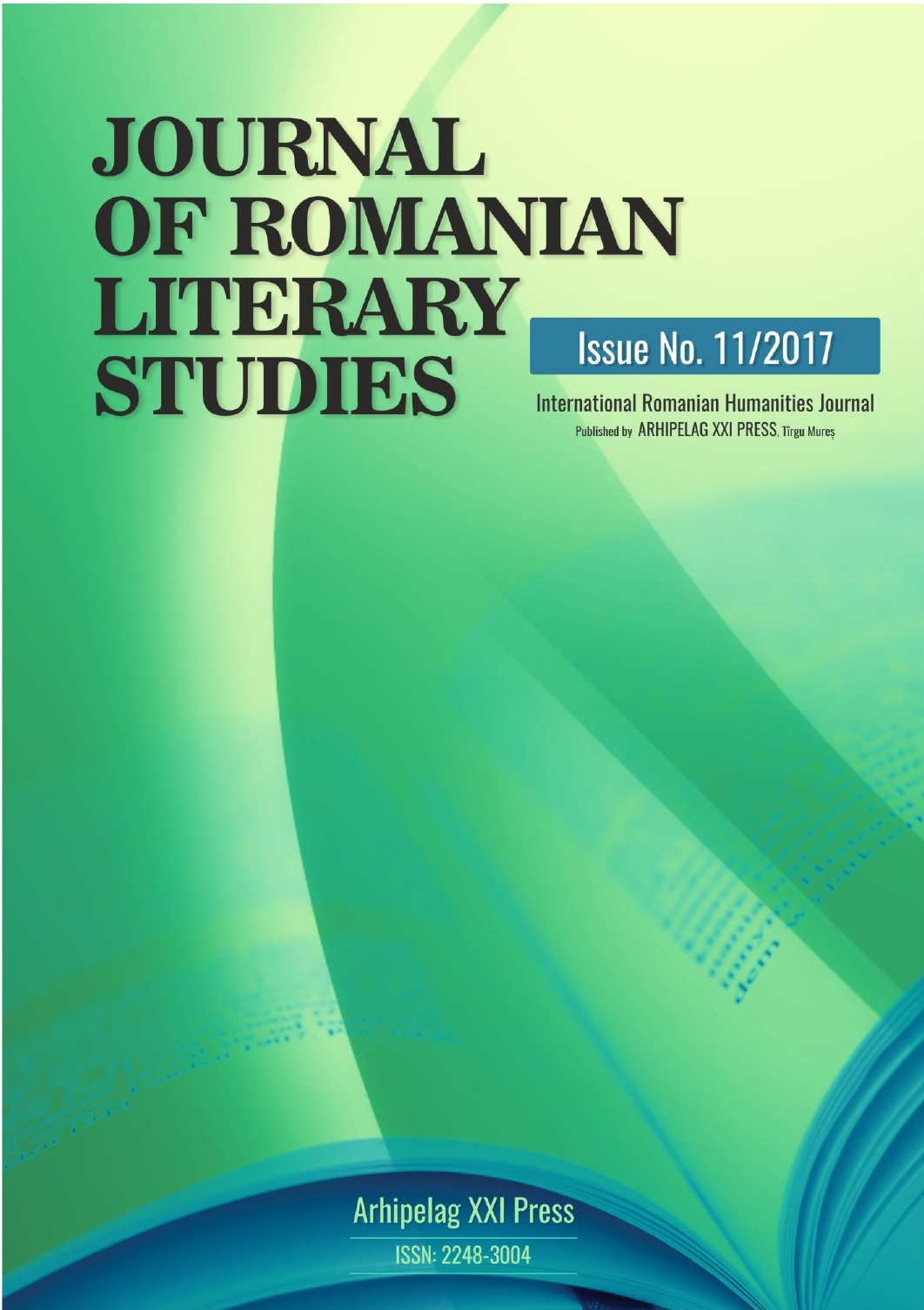THE AFFECTIVE – TEMPERAMENTAL PARADYGM AND THE OPTIMISATION OF THE TEACHING/LEARNING PROCESS OF ROMANIAN AS A FOREIGN LANGUAGE
THE AFFECTIVE – TEMPERAMENTAL PARADYGM AND THE OPTIMISATION OF THE TEACHING/LEARNING PROCESS OF ROMANIAN AS A FOREIGN LANGUAGE
Author(s): Ludmila BranișteSubject(s): Language studies, Education, Foreign languages learning, Psycholinguistics
Published by: Editura Arhipelag XXI
Keywords: temperament; teaching/learning process; Romanian as a foreign language; psycholinguistics; indicators;
Summary/Abstract: In the process of teaching/learning a foreign language, which in our case is Romanian, preliminary acquaintance with the affective-temperamental paradigm plays an important role in both the orientation of didactic activity controlled by the professor and the optimization of the product generated by the student. The adaptation and personalization of the contents according to the predominant temperamental profile of the user of the language, learner-oriented teaching, as well as the interdisciplinary character of psycholinguistic methodologies are some of the positive results achieved due to the realization that it is necessary that the Romanian academic staff should concentrate upon the dynamical-energetic component of personality.
Journal: Journal of Romanian Literary Studies
- Issue Year: 2017
- Issue No: 11
- Page Range: 214-221
- Page Count: 7
- Language: Romanian

